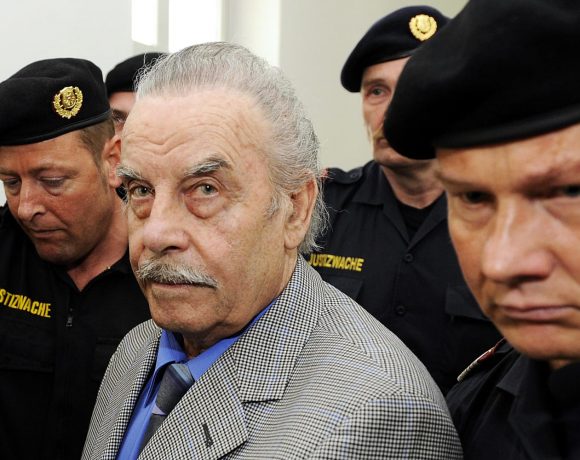A citizens’ group has decided how to distribute the fortune of Marlene Engelhorn, an Austro-German heiress. Earlier this year, Engelhorn established a panel of 50 individuals to determine how to allocate the millions she inherited from her grandmother. The funds will benefit 77 organizations, including social and climate groups, as well as notable left-wing entities.
Marlene Engelhorn, 32, gained attention in January for announcing her intention to donate €25 million (£21 million), the majority of her inheritance. As a descendant of Friedrich Engelhorn, the founder of the German chemical and pharmaceutical giant BASF, Engelhorn is a vocal proponent of wealth redistribution. She selected a panel, chosen by a pollster to reflect Austrian society, to decide the fate of her inheritance.
From March to June, the group convened over six weekends in Salzburg to devise a plan for the money. They decided it should be distributed to 77 various organizations, charities, and think tanks, addressing issues like environmental protection, education, integration, health, social matters, poverty, homelessness, and affordable housing in Austria. Donations range from €40,000 (£33,400) for climate change data-based reporting to €1.6 million for the Austrian Nature Conservation Federation. A million euros were allocated to the left-wing Momentum Institute and Attac Austria, an opponent of neoliberal economic policies and deregulated financial markets. Religious charities, including projects by the Catholic aid organization Caritas, also received funds. In most cases, the donations will be distributed over several years.
The youngest panel member, 17-year-old student Kyrillos Gadalla from Vienna, expressed that he had “learnt a lot” from the experience. In her statement, Engelhorn emphasized that her inherited wealth, which gave her unearned power, contradicts democratic principles and has now been redistributed according to democratic values.
Engelhorn inherited millions following the death of her grandmother, Traudl Engelhorn-Vechiatto, in September 2022. Traudl’s wealth was estimated by Forbes at $4.2 billion (£3.3 billion; €3.8 billion). Even before her grandmother’s passing, Engelhorn declared her intention to donate a substantial portion of her inheritance. While the exact amount she retains is unknown, she previously stated in 2021 that she planned to give away at least 90% of her wealth, as she had not earned it and merely benefited from a “birth lottery.” Engelhorn has also advocated for the reinstatement of inheritance tax in Austria, which was abolished in 2008, making Austria one of the few European countries without such a tax.
Picture Courtesy: Google/images are subject to copyright










